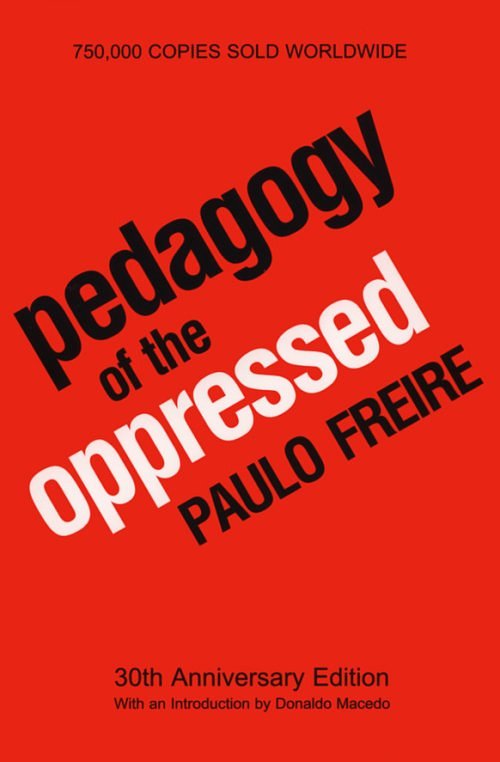Home
Focus Areas
About Us
"We are arriving at a critical juncture, one in which leaders in every facet of the health care industryfrom pharmaceutical CEOs to hospital administratorsneed to reflect on the causes and impact of this crisis and, most important, explore avenues for systemic change."
That's the takeaway from the ninth annual Future Health Index, a survey of nearly 3,000 leaders in the health care industry, released this week by health care technology company Philips.
The survey found that 92% of health care leaders say workforce shortages are having a "profound impact on staff well-being, work-life balance, morale, and mental health," and 81% say those shortages have a negative impact on patient care, per Fortune.
The US is expected to face a shortage of as many as 86,000 clinicians by 2036, according to the Association of American Medical Colleges.
A recent study from consulting firm AMN Healthcare found that in the 15 largest US cities, it takes nearly a month to see a new physician, more than a month to see an ob-gyn, and even longer for other specialists.
"This is happening not just in under-resourced community hospitals, but at some of the best academic medical centers in the world," AMN Healthcare's CEO says in a press release.
The
Selected Grant News Headlines
A customized collection of grant news from foundations and the federal government from around the Web.
Bayer Foundation, in partnership with Impact Hub Network, has opened applications for the 2025 Women Entrepreneurs Award.The award offers 15 winners 25,000 and growth support to overcome barriers in...more
Foundation: Gates Foundation
In 2024, on its 100th anniversary, the Novo Nordisk Foundation awarded close to DKK 10.1 billion (a‚ 1.35 billion) to support nearly 1,800 new projects aimed at improving people's health and the...more
Foundation: Johnson Foundation, Robert Wood Johnson Foundation
Experts recommend children'mostly drink water and plain milk' Public health experts recommend children under 18 years limit 100% fruit and vegetable juice, plant-based milk, sugar-sweetened beverages...more
Southeast Advocates seeks community support for Estevan Humane Society and youth volunteer program.DiscoverEstevan.com - Local news, Weather, Sports, Free Classifieds and Business Listings for the...more
Pair Team is a digital health startup for people with complex needs that meets with them in person at clinics or in the community, or by connecting virtually.The California Health Care Foundation is...more
MedStar Health recently unveiled a new biomechanics research facility called the Innovation in Motion Laboratory (IMO Lab) IMO Lab uses advanced technology to track a person's movement."We can...more
Massachusetts has expanded regulatory oversight of health care transactions by imposing False Claims Act liability on health care owners and investors.The Act aims to strengthen oversight of private...more
The Chicago-area community information exchange (CIE) is set to launch with the goal of coordinating care for homeless individuals.The initiative will integrate clinical and social data, enhancing...more
SilverStone Health Honored with the 2025 Innovation Award for Healthcare and Biotech for Transforming Post-Acute Care at Home.SilverStone Health specializes in advanced care for patients with chronic...more
HMP Education Earns National Recognition for Innovation in Healthcare Education.HMP Education, part of HMP Global, has been honored with the 2024 Best Practice in Live Activity Educational Design...more
Social Entrepreneurship
Spotlight
Why This Book Needs to be Read By Every Social Entrepreneur

Pedagogy of the Oppressed, a 1970s book by author Paulo Freire, envisions a world not as a given reality, but as âa problem to be worked on and solved.â That mentality is often applied to the greatest social entrepreneurs.










